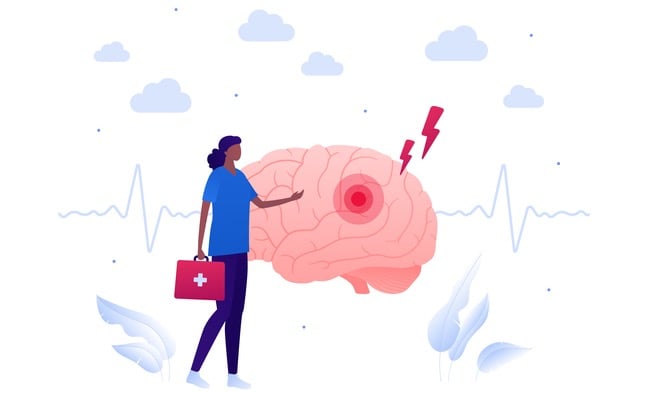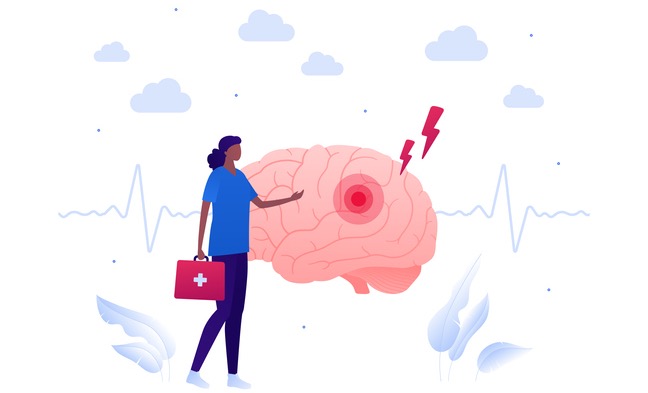 While physical health is undoubtedly important, so is Mental Health. Millions of Americans are affected by mental illness each year. Psychiatric Nurses have the specialized knowledge and skills needed to treat these illnesses.
While physical health is undoubtedly important, so is Mental Health. Millions of Americans are affected by mental illness each year. Psychiatric Nurses have the specialized knowledge and skills needed to treat these illnesses.
According to the American Psychiatric Nurses Association (APNA), Psychiatric Nurses make up the second largest group of behavioral health professionals in the U.S.
In the United States, suicide is a leading cause of death and in 2020, about:
- 1 in 5 American adults experienced a Mental Health issue
- 1 in 6 young people experienced a major depressive episode
- 1 in 20 Americans lived with a serious mental illness, such as schizophrenia, bipolar disorder, or major depression
The pandemic has increased the need for Mental Health care. According to a report from the Centers for Disease Control (CDC), the percentage of adults with recent symptoms of an anxiety or a depressive disorder increased from 36.4% to 41.5% from August 2020 to February 2021.
There is a dire need for more Psychiatric Mental Health Nurses (PMHNs).
More than 75% of all U.S. counties have a shortage of Mental Health professionals and almost all counties have an unmet need for Psychiatrists.
Mental Health Nurses work in a wide variety of inpatient and outpatient work settings, either as a specialty position or in primary care. Some job opportunities include military care, forensics, private practices, clinics, community health centers, public health facilities, schools, substance abuse centers, senior centers, hospice, rehabilitation services, telehealth and case management.
The day to day duties of PMHNs include:
- Conducting an assessment of a patient’s status
- Conducting intake screenings, initial evaluation, and triage
- Providing nursing care following a treatment plan
- Administering medication and/or other treatment regimens
- Teaching patients self-care activities
- Engaging in crisis intervention and situation stabilization (when necessary)
- Educating patients on how to manage their condition
- Providing education to patients’ families and communities
- Working efficiently alongside other members of an interdisciplinary team
“It’s a very rewarding field. As a Psychiatric health care provider, you may be the first person to talk to someone about why they are in crisis, and that can be a humbling experience," said Emma Mangano, DNP, PMHNP at Johns Hopkins Hospital.
Some essential traits of a Mental Health Nurse include:
- Critical Thinking
- Good Communication
- Empathy
- Reliability
- Confidence
- Compassion
The salary of a PMHN depends on their level of experience and the amount of specialized training they have undergone. According to Indeed, the average Mental Health Nurse's salary in the U.S. is $87,156.
A career in Mental Health Nursing can be demanding, but it is extremely rewarding.
Psychiatric/Mental Health Nurse Practitioner (PMHNP) Windi Woods, says that the best part of the job is “knowing that this team is the end of the road for most of these patients and we give them hope."






